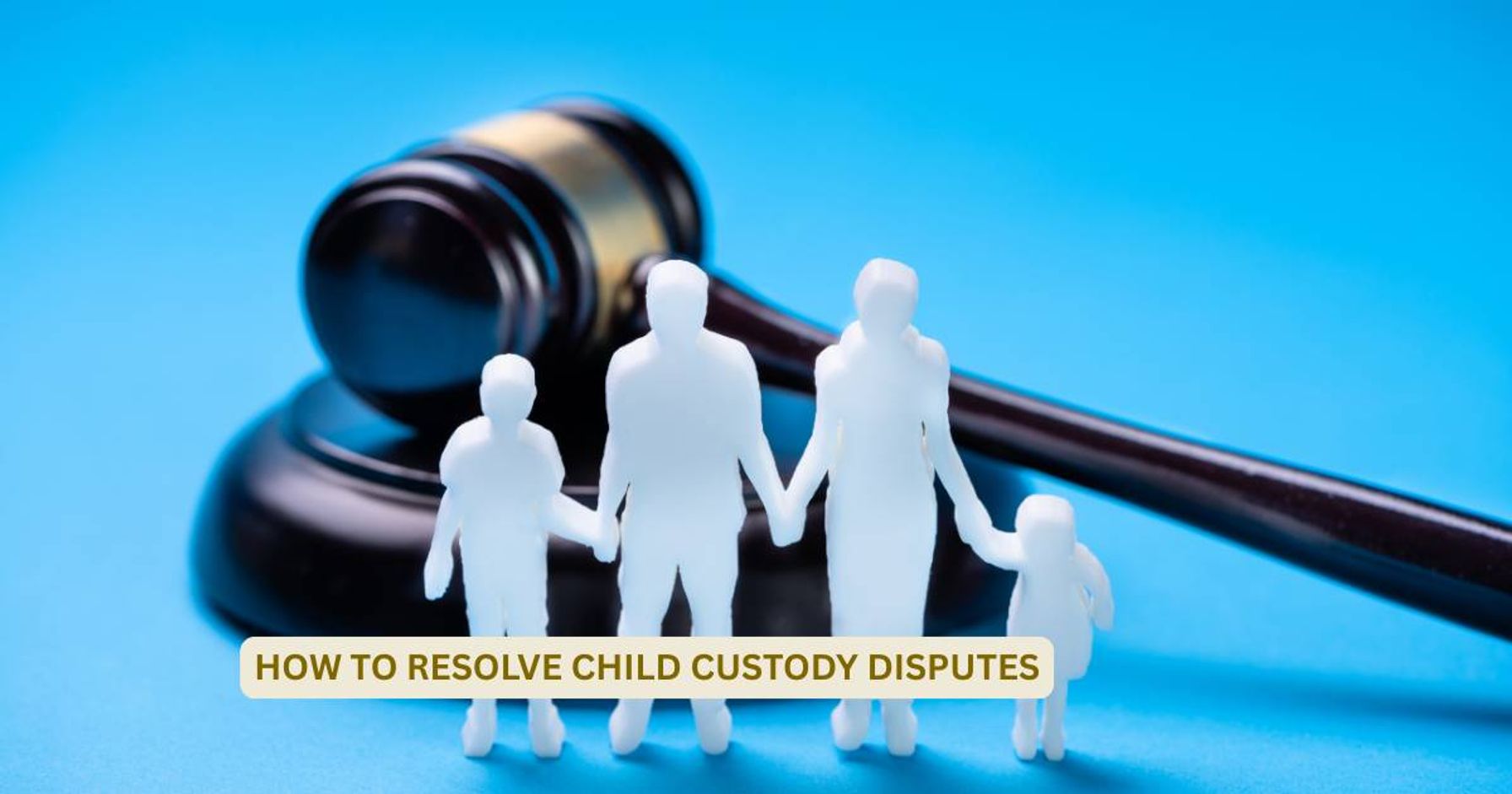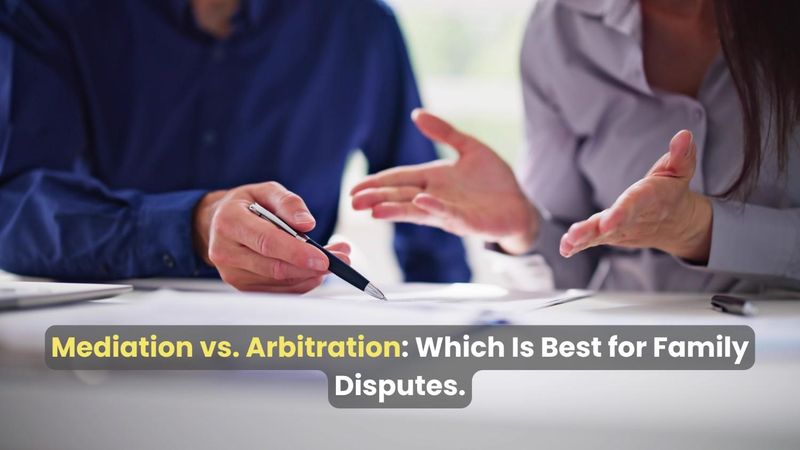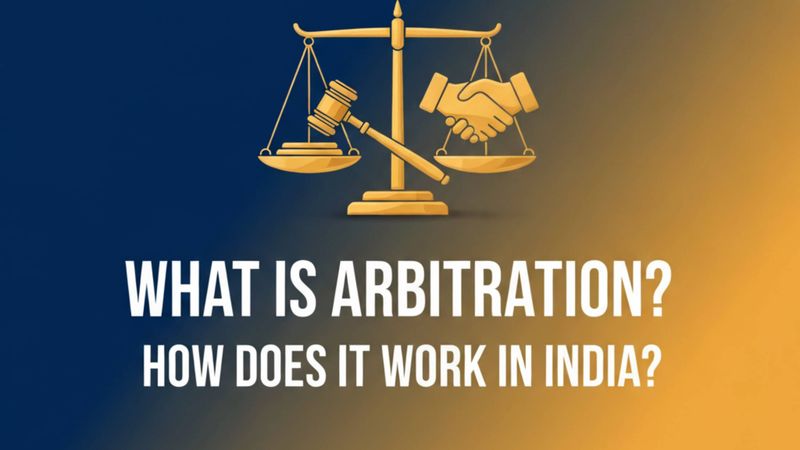How to Resolve Child Custody Disputes Amicably
Child custody disputes can be one of the most emotionally charged aspects of family law. As a lawyer who specializes in dispute resolution, I’ve witnessed the toll such conflicts can take on both parents and, most importantly, the children involved. However, it is possible to resolve these disputes amicably with respect, patience, and the right guidance.
In this article, I’ll walk you through practical, lawyer-backed strategies to help you navigate child custody matters peacefully while keeping your child’s best interests at the forefront.
Understanding the Emotional and Legal Landscape
Before diving into how to resolve custody disputes, it’s essential to understand the emotional and legal complexities involved. Child custody decisions aren’t just about where the child lives they’re about schooling, medical care, emotional support, and more. When disputes arise, they often stem from a breakdown in communication or differing parenting styles, rather than any ill intent.
As a lawyer, I advise my clients to begin by setting aside personal grievances. Focus on what truly matters: the well-being and future of the child.
1. Choose Communication Over Confrontation
It may seem obvious, but open, respectful communication is often the first step toward resolution. Try to have calm discussions with the other parent about your child’s needs and routines. If direct conversation is too difficult, consider a neutral third party to facilitate the dialogue.
This is where Mediation Services can play a transformative role. Mediation allows both parties to express their concerns in a controlled environment, guided by a professional mediator. As lawyers, we often recommend mediation before escalating to legal battles it’s less adversarial and far more effective in preserving parental relationships.
2. Focus on the Child’s Best Interests
It’s easy to get caught up in “winning” a custody case, but remember that the court—and any dispute resolution professional—will always prioritize the child’s best interests. When you approach discussions with this mindset, you’re more likely to reach a fair and workable agreement.
Think about questions like:
- What schedule will provide the most stability for the child?
- How can both parents stay involved in their education and extracurricular activities?
- What emotional support systems are in place?
These are the points that form the foundation of a balanced custody arrangement.
3. Use Professional Guidance Wisely
Many parents attempt to resolve matters privately, which is commendable. However, when emotions run high or communication breaks down, professional assistance becomes invaluable.
As part of our Family Marriage Disputes Service at Eresolution, we offer confidential legal guidance tailored specifically for family conflict. Our role is not just to provide legal advice but to help create solutions that reduce stress, avoid unnecessary litigation, and protect your child’s emotional well-being.
4. Draft a Detailed Parenting Plan
An amicable resolution must be backed by a solid plan. A detailed parenting agreement should outline:
- Visitation schedules
- Holidays and vacation plans
- School responsibilities
- Rules around travel
- Methods of resolving future disagreements
The more specific your plan, the less room there is for misunderstandings later on.
5. Consider Long-Term Cooperation
Successful co-parenting is an ongoing commitment. Try to maintain a cooperative relationship even after the custody arrangement is finalized. Keep communication open, be flexible when reasonable, and revisit your agreement periodically as your child grows.
Disputes don’t end with a court order; resolving them amicably means setting a tone of respect and cooperation that can last for years.
Final Thoughts
Resolving child custody disputes amicably is not only possible it’s essential. When parents commit to peaceful communication, professional mediation, and the child’s best interests, the outcome is far more positive for everyone involved.
At Eresolution, we believe in empowering families with the tools and support they need to find common ground. Whether through mediation, legal advice, or family dispute resolution services, we’re here to help you move forward without turning your child’s life into a battleground.
If you’re currently dealing with a custody dispute and want to avoid the stress of courtroom conflict, feel free to reach out. A peaceful solution is always within reach—sometimes, it just takes the right guidance.




